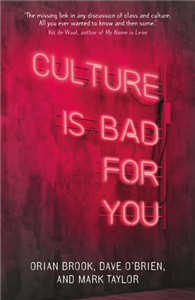Race and the Obama administration
Substance, symbols and hope
by Andra Gillespie
The election of Barack Obama marked a critical point in American political and social history. Did the historic election of a black president actually change the status of blacks in the United States? Did these changes (or lack thereof) inform blacks' perceptions of the President? This book explores these questions by comparing Obama's promotion of substantive and symbolic initiatives for blacks to efforts by the two previous presidential administrations. By employing a comparative analysis, the reader can judge whether Obama did more or less to promote black interests than his predecessors. Taking a more empirical approach to judging Barack Obama, this book hopes to contribute to current debates about the significance of the first African American presidency. It takes care to make distinctions between Obama's substantive and symbolic accomplishments and to explore the significance of both.
























